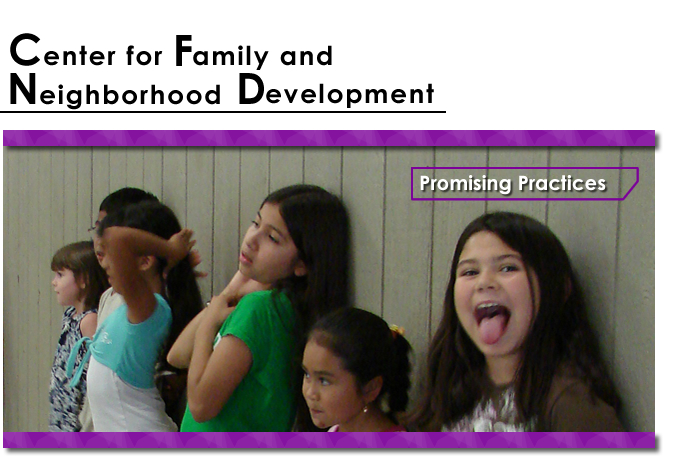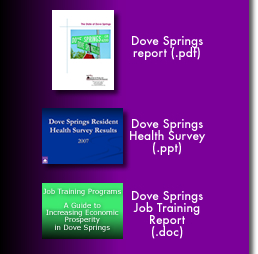College Pipeline Programs Promising Practices |
| 01. |
Parental Involvement.
Encourage parents to be involved in the college decision process of their students by discussing their educational goals. Invite them to participate to in nonacademic performances such as fund raising.
|
| 02. |
Community Involvement.
Fostering study groups to foment the opportunities for interaction in academic and nonacademic activities within their peers. Involve mentors, role models and community leaders to raise student self-esteem, expectations and sense of accountability. Help student realize that their college attendance is part of their community. |
| 03. |
Refine skills.
Program helps students develop the skills, knowledge, confidence and aspirations they need to enroll in higher education. |
| 04. |
Application Admission Process Aid. Making forms available and deadlines explicit to students, sponsor programs which help families decipher the massive paperwork and process the college application implies. Effective programs teach social norms, values, and expected behaviors necessary for college admittance and persistence. |
| 05. |
Funding.
Help students find the financial resources needed to attend college. Explore resources available such as grants, endowed private scholarships, professional and corporate sponsorships.
|
| 06. |
College Visits.
Provide students the opportunity to participate in university life, programs, and resources. Students can take college trips and visit local college fairs and recruitment presentations. |
| 07. |
Staff Development. An effective program will make sure to keep their staff members
up-to-date on the following: high school to college transition issues, high school
graduation requirements and college admissions requirements.
|
| 08. |
Build awareness of social and culture background. Student differences in social
and culture create differences in college enrollment, retention, and graduation rate.
|
| 09. |
Test Preparation and Class scheduling.
Program promotes advanced courses in math and science so that students may gain the knowledge necessary for standardized test and have a well-rounded transcript for a competitive college application. Close monitoring and selection of courses can ensure students are obtaining the skills they need to succeed. |
| 10. |
Study Skills.
Workshops and courses can teach students how to take notes, study,
multi ˝task using time effectively and complete homework assignments on time.
Provide supportive networks such as peer study groups, one-on-one tutoring. Offer
supplemental coursework that is adapted to the students particular learning needs.
|
All of these best practices should incorporate an assessment of the youth’s needs, existing services, and cultural relevance.
* Sources: "Characterisitics of Effective Urban College Preparation Programs."
Ericdigests.org. Nov. 2000. 9 of April 2008.
http://www.ericdigests.org/2001-3/effective.htm>.
"Historically Underserved Students: What we know, What we still need to know."
New Directions for Community Colleges Fall 2006: 21-8. |










